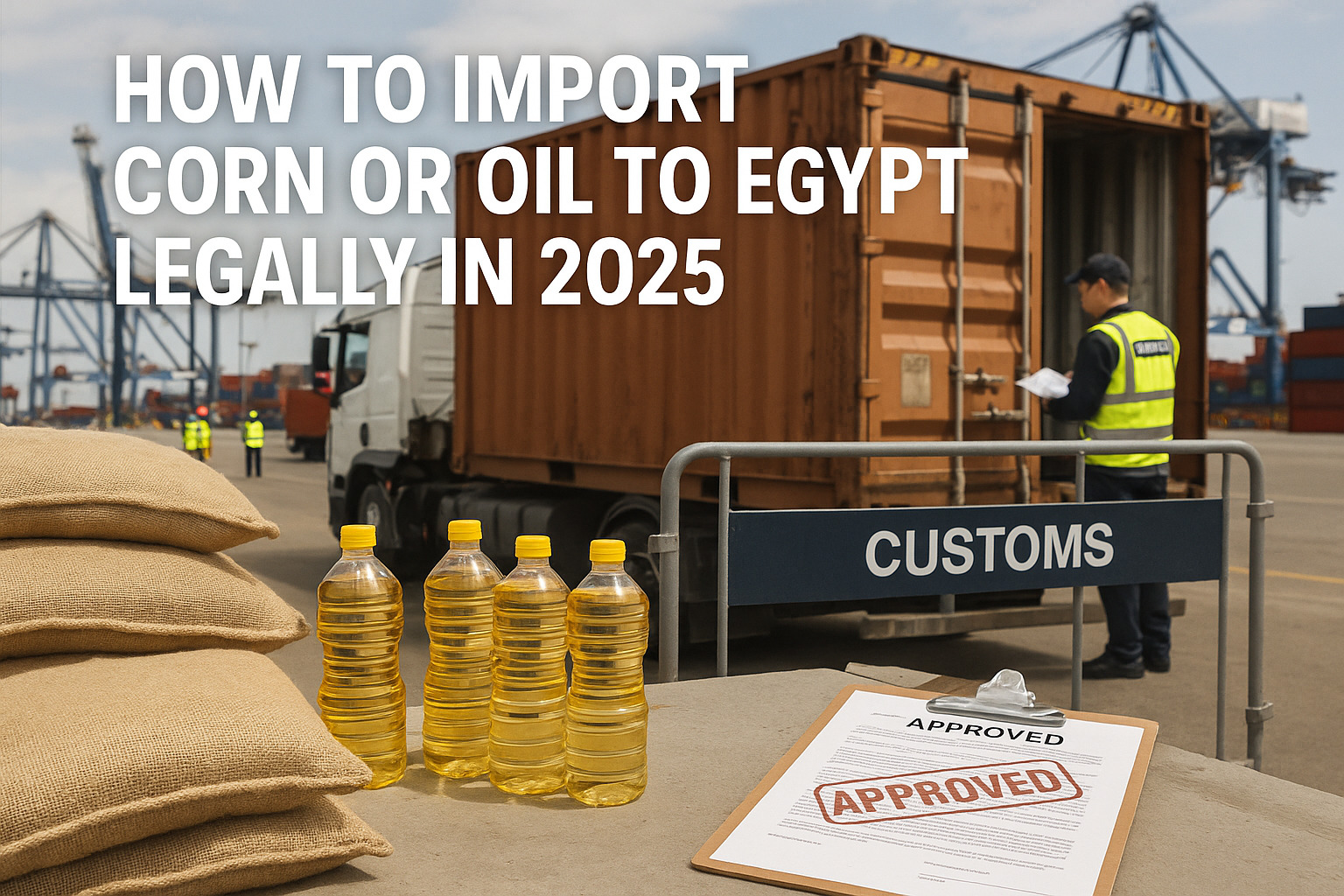The Safer Way to Trade Agro — Worldwide
Agrix Marketplace is a B2B marketplace that connects real, verified buyers and sellers of agricultural products across the globe. Our main goal is to eliminate fraud and fake deals — a common issue in agro exports.
Security First
You can't just sign up and start using Agrix Marketplace.
Every user goes through manual verification before gaining access.
We don't allow subscription payments until we confirm you're a real company.
No Middlemen. No WhatsApp.
Agrix Marketplace has a built-in messenger, so you can communicate directly inside the platform —
no switching to WhatsApp and no risk of getting scammed.
Stripped Down to What Matters
Agrix Marketplace is built without clutter. No unnecessary buttons, no confusing tools.
Just what you need to close real deals:
Login → Find a request → Send your offer → Start selling.
Live Market. Real Opportunities.
On the homepage, you'll see a live market with real-time requests from buyers around the world.
You can see countries, product types, and volumes.
Verified sellers with a subscription can respond and start negotiations right away.
Why Agrix Marketplace?
- ✔️ Verified companies only
- ✔️ No fake offers or spam
- ✔️ Simple, user-friendly interface
- ✔️ Built-in chat and secure communication
- ✔️ Direct deals — no middlemen
Agrix Marketplace is the simplest and safest way to grow your agro export business worldwide.
